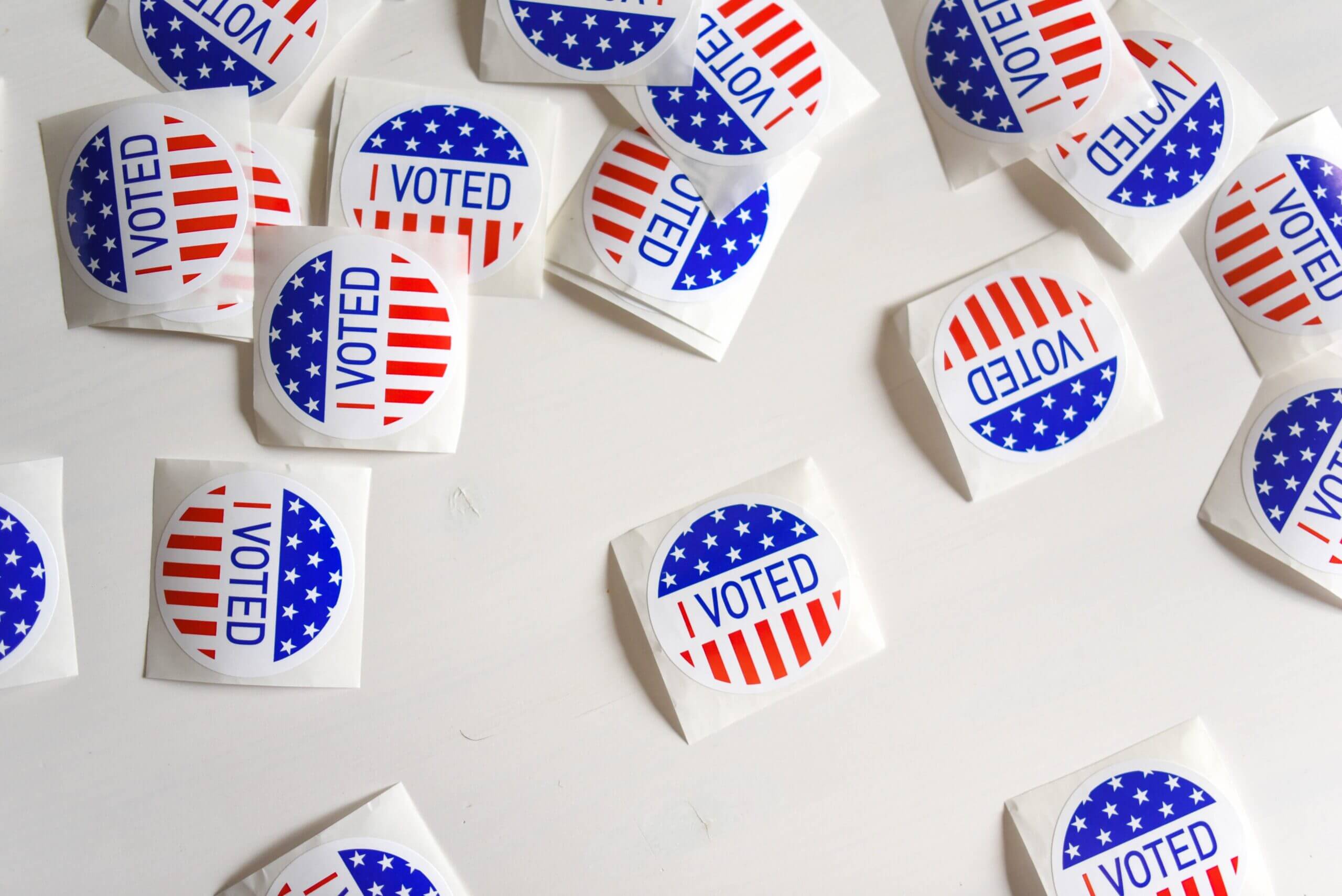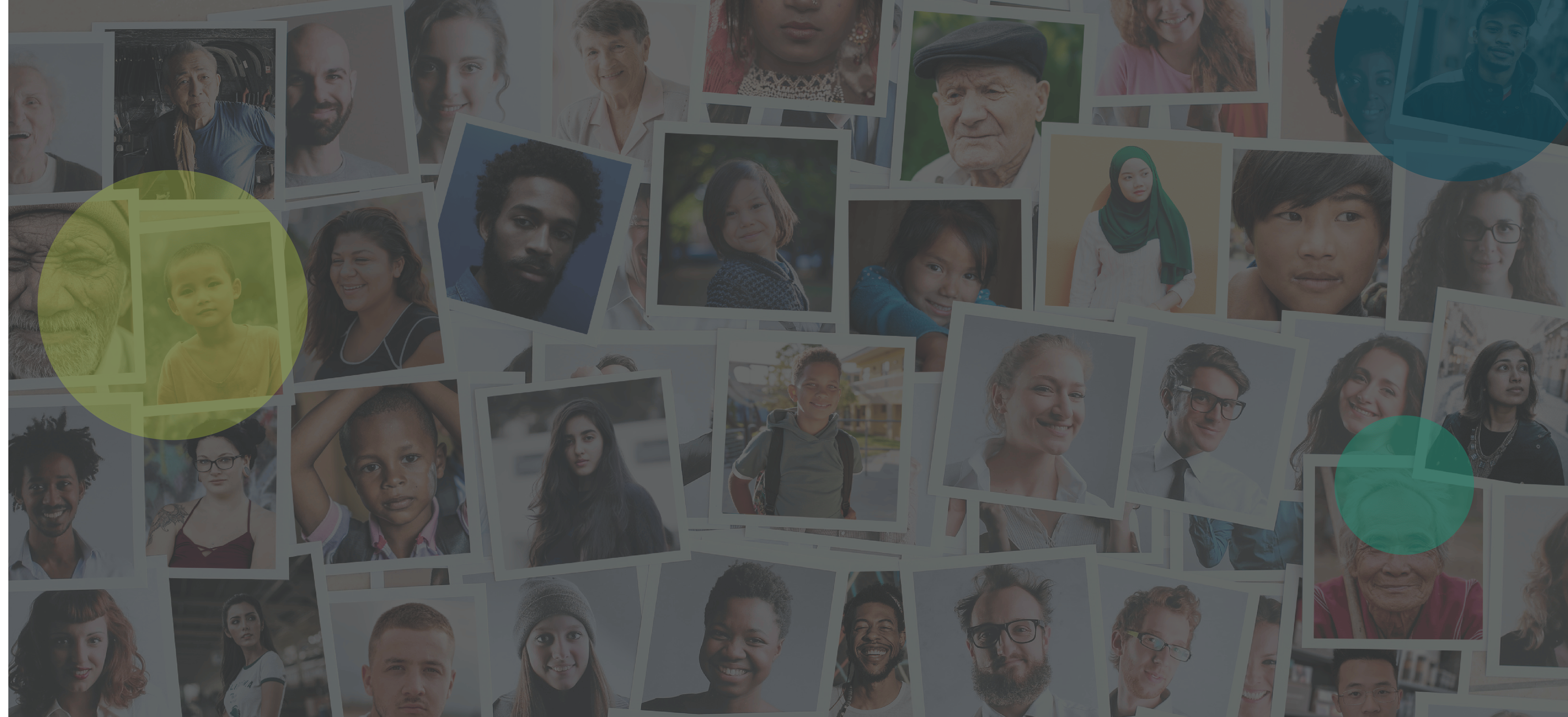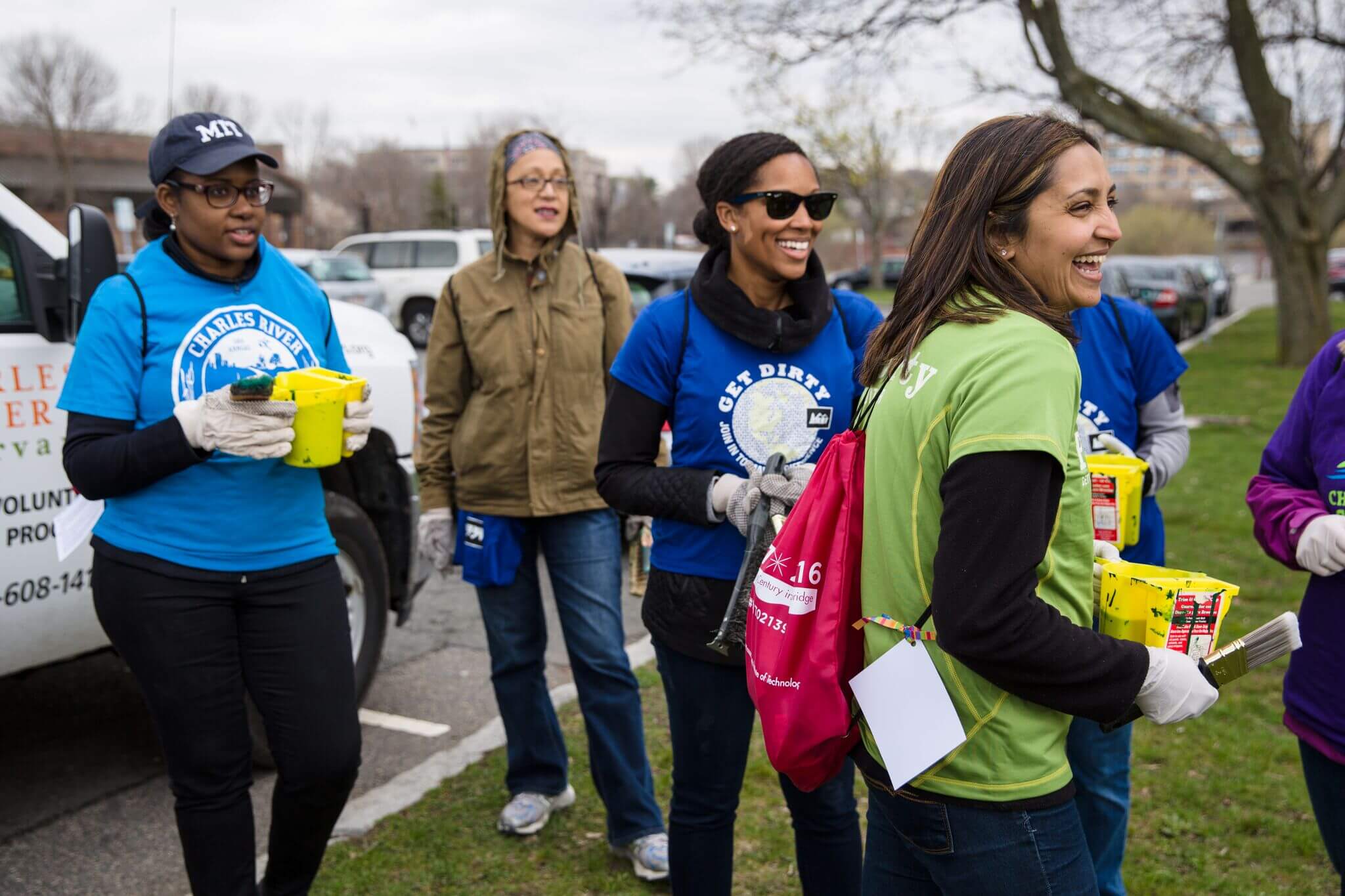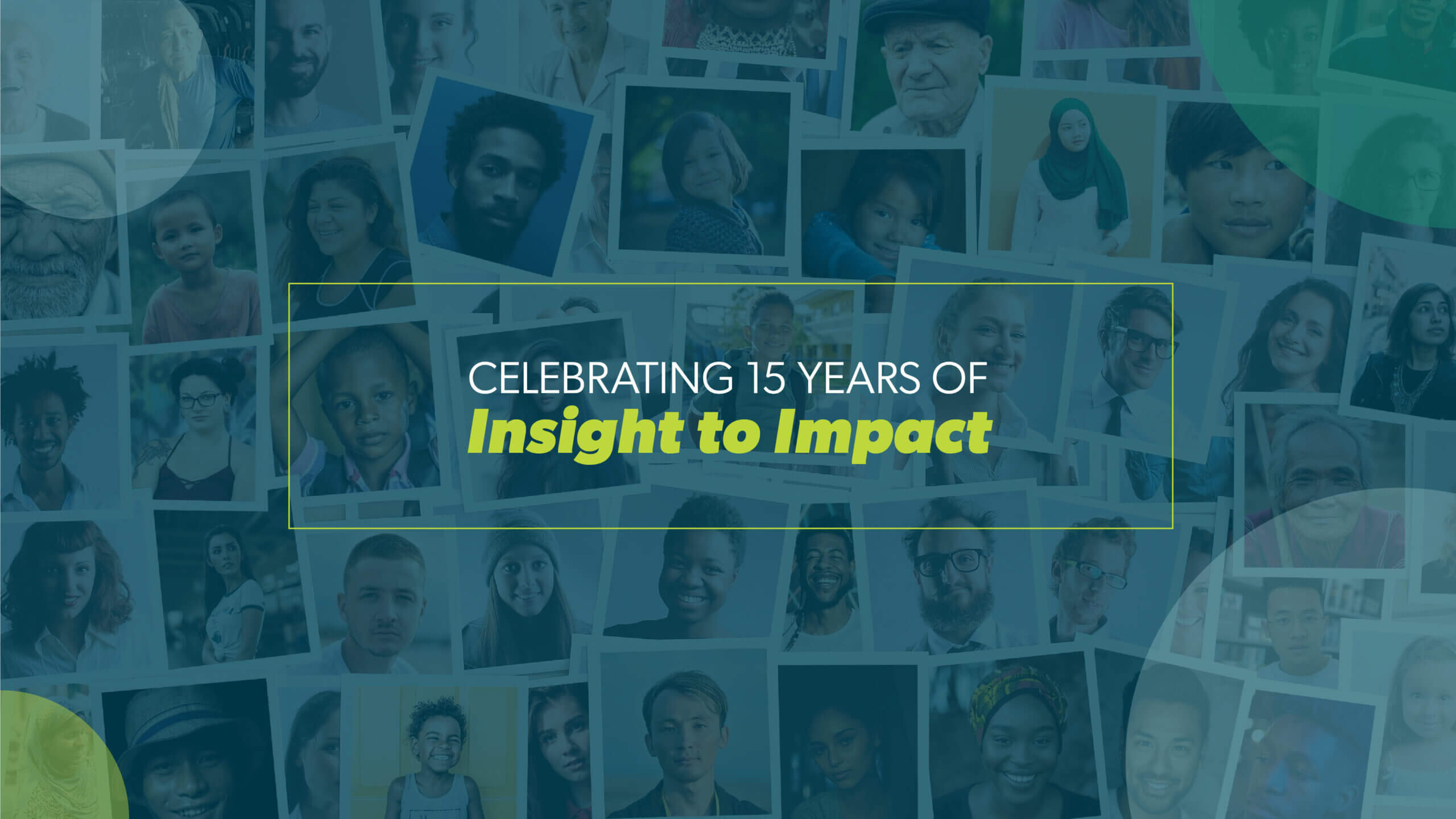
2024: The year of behaviorally informed narrative change for good
by Eva Matos and Maya Faulstich-Hon
In the United States, there are deep-seated narratives about who deserves what, and why. One of the most pervasive (and false) narratives in American society is that people experiencing poverty have only themselves to blame—that their circumstances are the result of individual choices, rather than flawed social policies and programs that reinforce inequality.











